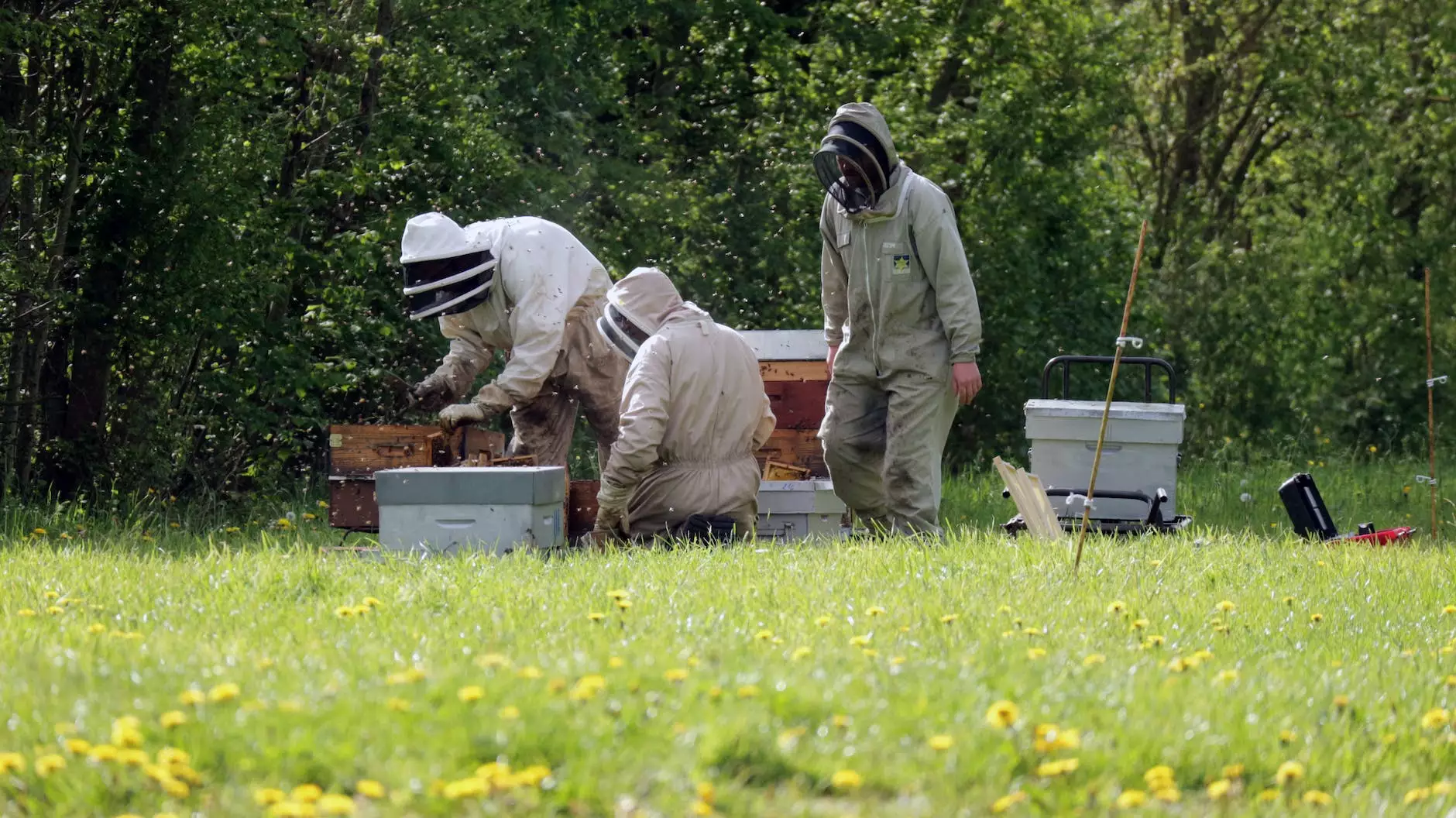Wintering a Mini Hive
Storage
Welcome to Screens Unlimited, your trusted source for all your beekeeping needs. In this comprehensive guide, we will delve into the topic of wintering a mini hive and provide you with expert tips and detailed instructions to ensure the survival and success of your mini hive during the chilly winter months.
Why Wintering a Mini Hive is Important
Winter poses unique challenges for beekeepers, and it is crucial to properly prepare your mini hive for the cold and harsh conditions. A well-insulated and well-maintained hive will help your bees thrive, maintain their health, and increase their chances of survival until spring. By following the steps outlined below, you can ensure that your mini hive remains strong and healthy throughout the winter.
Insulating Your Mini Hive
Proper insulation is key to protecting your bees from the extreme cold temperatures. Consider wrapping your mini hive with insulating materials such as foam or tar paper. This will help retain heat and prevent unnecessary heat loss, ensuring that your bees stay warm and comfortable inside the hive. Additionally, make sure to plug any gaps or cracks in the hive to prevent drafts.
Providing Adequate Ventilation
While insulation helps keep the hive warm, it is equally important to ensure proper ventilation. Adequate ventilation will prevent condensation and mold buildup, which can be detrimental to your bees' health. To achieve optimum ventilation, you can install a top vent or use a moisture board to absorb excess moisture within the hive.
Feeding Your Bees
During the winter months, the natural sources of nectar and pollen are scarce. It is essential to provide supplementary feeding to ensure that your bees have enough food to sustain them through this period. Consider feeding your bees with sugar syrup or candy boards, which provide the necessary nutrients for their survival. Regularly monitor the food levels and replenish as needed.
Maintaining Hive Health
Regular hive inspections are crucial throughout the winter season. Check for signs of diseases and pests, such as mites, and take appropriate measures to maintain the health of your bees. Remove any dead bees or debris from the hive, and ensure that the hive remains free of excess moisture and mold.
Protecting Your Hive from Predators
Winter can bring hungry predators looking for a food source. Take precautions to protect your hive by installing entrance reducers or mouse guards. These simple measures will help deter unwanted visitors and prevent them from inflicting harm on your bees.
Monitoring the Weather and Hive Conditions
Ongoing monitoring of the weather and hive conditions is essential during winter. Keep an eye on temperature fluctuations and adjust insulation accordingly. If necessary, provide additional food to sustain the bees during prolonged periods of extreme cold. Regularly check hive weight to ensure they have enough stores to last until spring.
Preparing for Spring
As winter comes to an end, prepare your mini hive for the upcoming spring season. Remove insulation if temperatures begin to rise, and inspect the hive for any damage or repairs needed. Ensure that your bees have a clean and healthy environment to thrive in, and anticipate their increased activity as the weather warms up.
Conclusion
In conclusion, wintering a mini hive is a crucial aspect of beekeeping that requires careful attention and proactive measures. By insulating your hive, providing adequate ventilation and food, maintaining hive health, protecting against predators, and monitoring conditions, you can create the optimal environment for your bees to survive and thrive until spring. Screens Unlimited, your trusted partner in the Business and Consumer Services category, is here to assist you in your beekeeping journey. Contact us today for all your beekeeping needs.




